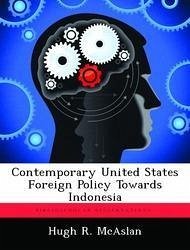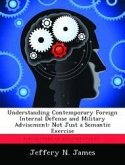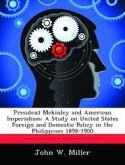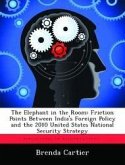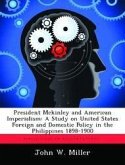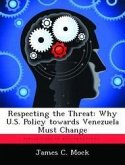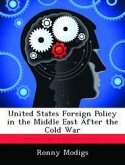United States national interests in Indonesia have traditionally being based on strategic security requirements given Indonesia's geographic location between the Indian and Pacific Oceans, and strong anti-communist stance during the Cold War. However, the 1990s witnessed a decline in relations between the two countries primarily due to human rights violations committed by the Indonesian military in East Timor. This thesis examines contemporary United States foreign policy towards Indonesia to determine whether this policy promotes United States national interests in this country. It defines what constitutes United States national interests under strategic and security, economic, political, and humanitarian interests, and then analyses contemporary policy against these categories to determine whether they promote the identified interests. The thesis identifies that Indonesia's geographic location and demographic size and composition remain key enduring interests, while the rise of globally linked terrorist organizations has become the preeminent contemporary interest of the United States in this country. The thesis concludes that contemporary United States policy does promote national interests in Indonesia, although, the Leahy Amendment continues to limit the employment of the military instrument of power. This has constrained the Bush administration's ability to develop more elaborate policies to satisfy security interests, and enhance professional development in the Indonesian military.

